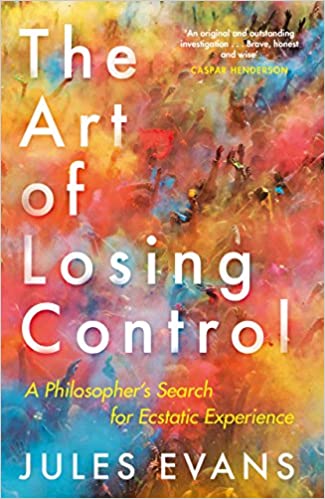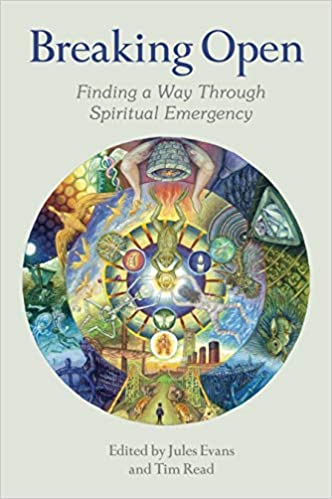Traditionally, psychiatry has taken the position that “getting out of your mind” is a bad thing: they have made “normality” in thinking the standard for health, with experiences going outside of that being viewed as pathology.
But more recently, there has been an interest in using psychedelic drugs within psychiatric practice. That’s because traditional approaches to psychiatric practice haven’t helped very much, and some studies show that shaking things up with psychedelics can at least sometimes break people out of unhelpful patterns and set them on a better path.
This however raises a lot of questions. For example,
- If going somewhat out of one’s mind on psychedelics can be a good thing, then maybe other experiences of going out of one’s mind also have possible value which psychiatry has been ignoring?
- On the other hand, if going out of one’s mind is often related to problems, is it possible that attempts to use psychedelics in treatment will lead to many people getting into increased difficulties? And then when/if this does happen, will psychiatry blame this on an “underlying illness” much as it often does when. say, antidepressants trigger a manic episode?
- Is it possible that our entire culture needs a better understanding of ecstatic mental states that take one outside one’s usual state of mind, before we have any chance of handling such issues?
Jules Evans is a philosopher whose perspective has been shaped by experiences that included early use of psychedelics, including both apparently helpful experiences as well as a bad trip that caused problems that lasted for years, and an ecstatic near death experience. He argues that our society needs to become more literate about ecstatic experiences of all kinds, in a way that appreciates both their gifts and their dangers.
Jules is the author and/or editor of some interesting books, including

and

Perhaps because his own experiences have been so varied – ranging from extremely helpful to extremely not – I think Jules does better than most in addressing this topic in a balanced way.
Psychiatrists commonly pathologize extreme and ecstatic experiences, while some who oppose psychiatry may seem to romanticize them – but what we really need is a deep understanding of the multiple sides of such experiences. Kind of like with fire – fire is both great and very helpful, and quite terrible, and we do best with it when we are aware of this duality.
If you would like to learn more about this point of view, I encourage you to check out this recording of the ISPS-US webinar “The Mysticism / Psychosis Continuum, with Jules Evans,” of a talk given on 3/17/23. Note that the talk itself is about an hour, followed by an hour of question and answer.



